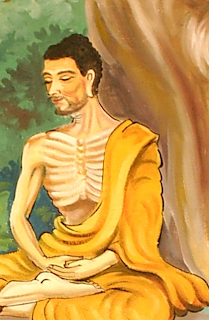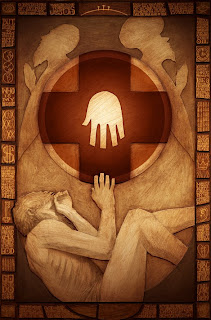 I still think of Pulp Fiction when I think of speaking Chinese in public
I still think of Pulp Fiction when I think of speaking Chinese in publicWhen I first came to America, my parents immediately enrolled me in an English language course. My mother read Grimm’s Fairy Tales to me every night and made me practice my English daily. Eventually, I lost any traces of the Chinese accent, and spoke English in the house. I realized with the first day of school that “I was destined to live in two worlds—the world my parents were brought up in and which they brought to the United States with them, and the rest of society, where I gained a sense of “Americanness.” (X849) When I went out with my parents, I was ashamed to speak Chinese with them, because I had heard so often how many people were annoyed with immigrants not speaking English. I strove to command the conversation so that my parents would be forced to speak English, and gave strangers apologetic looks whenever I was obligated to respond in Chinese.
This continued on for several years until one day, when my friends were over, my mom called me “Jenny” in front of them, thinking that I would be angry if she called me by my Chinese name. I was completely disconcerted and disturbed—the word sounded so crude and unfamiliar coming from her mouth. I had been so used to hearing the tender pronunciation of “Hongxing” that this “Jenny” sound emanating from her mouth made me cringe.
 The Chinese symbol for “love”
The Chinese symbol for “love”Now, speaking Chinese with my parents reminds me of home. It gives me comfort. When I think of my parents, I consider them the last true connection to my identity as Chinese, and I no longer wish for them to speak English to me, because it sounds wrong and out of place. It still unnerves me when my parents accidentally call me “Jenny” instead of “Hongxing”. Hearing them call me by my Chinese name and all its loving variants just fits; everything feels right. I’ve found that the older I get, the more I love to speak Chinese with them. “It was as if his college experience allowed the cultural and ethnic traits that had been absent during his early life to be born.” (X845) I learned to appreciate and celebrate where I came from.
 The Chinese symbol for “home”
The Chinese symbol for “home”My grandparents have hammered this notion into my head several times: “I know you have to learn how to speak English, but don’t forget your own language.” (X854) With each time that I speak to them on the phone, I can hear their disappointment at my inability to say some Chinese words. They are afraid that I will lose my heritage and become wholly American. It frustrates me that they think that I would want to shed something so dear to me. When I am walking to class and some Chinese students pass me, I catch wisps of their rapid Chinese, and there is a small part of me that smiles, because it almost feels like home.






































